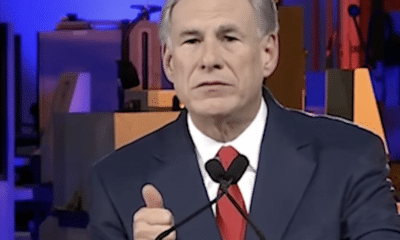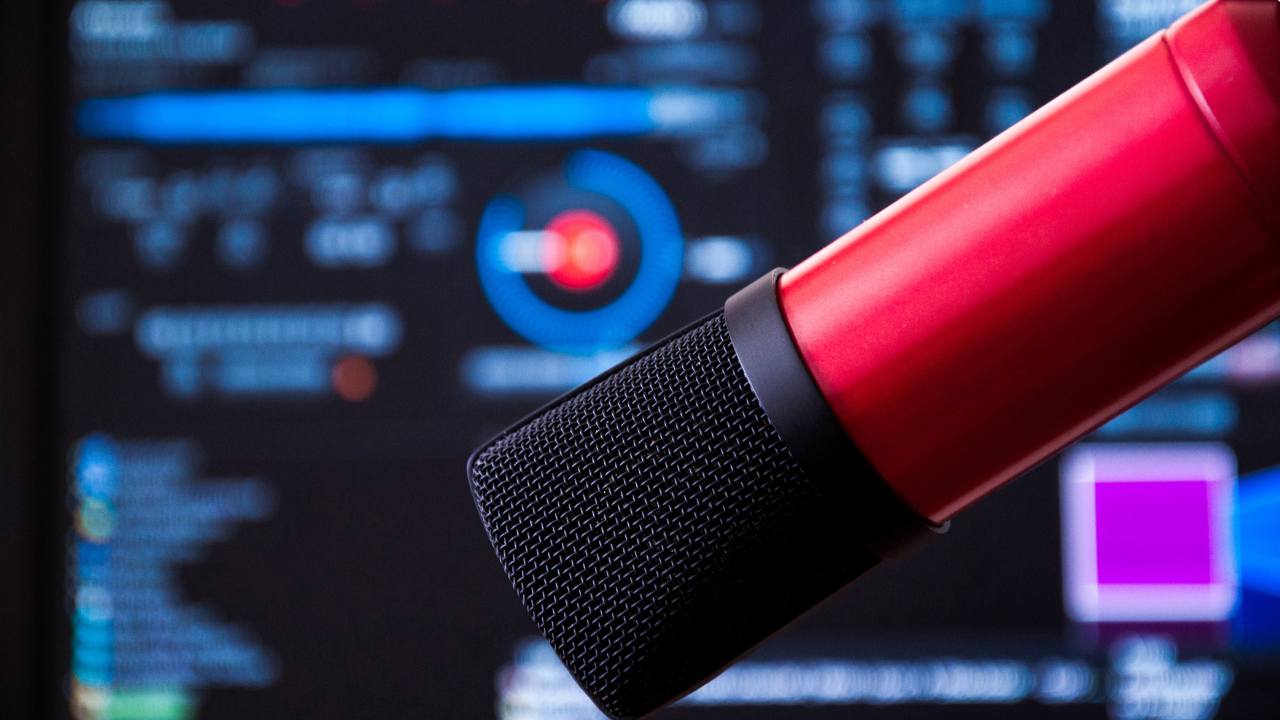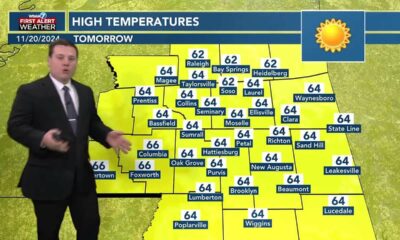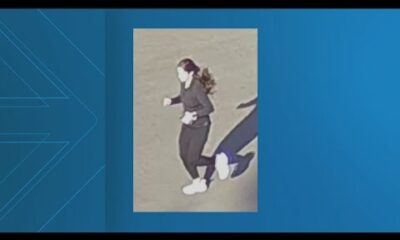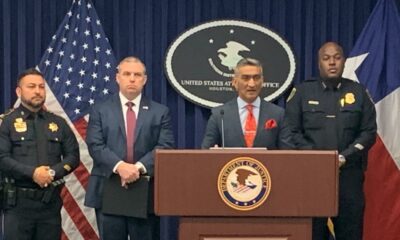(The Center Square) — The Mississippi Legislature approved six new tourism taxes in the recently-concluded session and reauthorized several more.
These taxes start as local bills in the Legislature and require an initial referendum by the citizens of the city or the county where the tourism tax is levied on hotels, restaurants or both. They are required by law to be spent on tourism and recreation projects in the levying municipality or county.
They are assessed in addition to the state’s 7% sales tax.
If a majority of residents approve, the tax goes into effect and local businesses remit the tax to the Mississippi Department of Revenue, which then returns the revenue back to the local government.
According to data from the state Department of Revenue, total tourism tax collections added up to $139 million in 2022, an increase of 16.8% over the $119 million collected in 2021.
Here are the new taxes that will go into effect if approved by voters this fall:
Senate Bill 2519 would create a 2% tax on hotel stays and meals at restaurants in Monticello, which has a population of 1,359. It was authored by Sen. Jason Barrett, R-Brookhaven, and sailed through both chambers with big majorities before being signed into law on Monday by Gov. Tate Reeves.
Senate Bill 2152 would allow the city of Byram to levy an additional 2% tax on restaurants. It was sponsored by Sen. David Blount, D-Jackson, and was signed into law on Monday by Reeves.
Senate Bill 3143 was authored by Sen. Dennis DeBar, R-Leakesville, and would allow Lucedale to levy a 1% tax on restaurants. DeBar also authored Senate Bill 3145 which would allow George County, where Lucedale is located, to assess a 3% tax on hotels and a 1% tax on restaurants. If both taxes are passed by voters, Lucedale diners would pay an additional 2%.
House Bill 1667 would create a 3% hotel and restaurant tax in the city of Florence (population 4,623) south of Jackson. It was authored by Rep. Tom Weathersby, R-Florence and passed with minimal opposition. Reeves signed the measure into law on Monday.
House Bill 1807 would create a 2% tax on restaurants, hotels and even vacation rentals such as AirBnB in Eupora and it was approved by Reeves on Monday.
Sometimes lawmakers alter the taxes as well.
House Bill 1792 extends Starkville’s hotel tax to cover any lodging facility with four or more rooms, removing a loophole for bed and breakfasts.
Tourism taxes are often reauthorized by a new bill when they expire after three or four years without further input from voters. Cities that received extensions from lawmakers for their tourism taxes include:
Baldwyn’s 2% tax on restaurants and hotels was extended to 2027.
Clinton will have its additional 1% tax on hotels extended to 2027
Grenada’s 3% tax on hotels and 1% levy on restaurants will continue until 2027.
A 1% tax on hotel stays and meals at restaurants will continue in Batesville until 2027.
Columbia had its 3% tax on restaurants and hotels extended to 2027
A 2% restaurant levy in Columbus was extended to 2027.
Brandon had its 2% tax on restaurants that helped pay for a city amphitheater extended to 2028.
The 2% tax on restaurants in Lexington will be extended to 2027.
A 2% levy on restaurants in North Carrollton will continue until 2027, while neighboring Carrollton will have its 2% tax extended as well.
A 2% tax on restaurants in Charleston will continue until 2027.
Waynesboro had its 3% levy on restaurants and hotels extended to 2027.
Pearl’s 3% tax on hotels and 1% tax on restaurants will expire in 2027.



